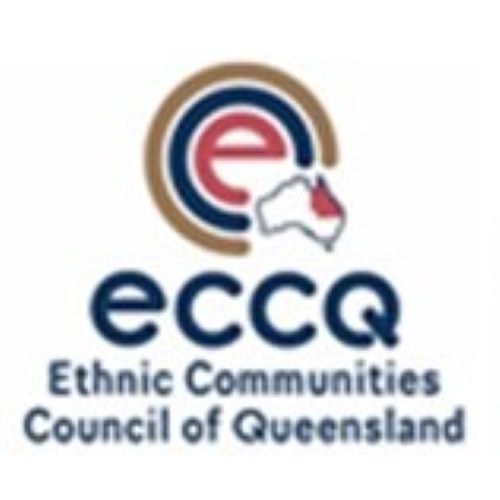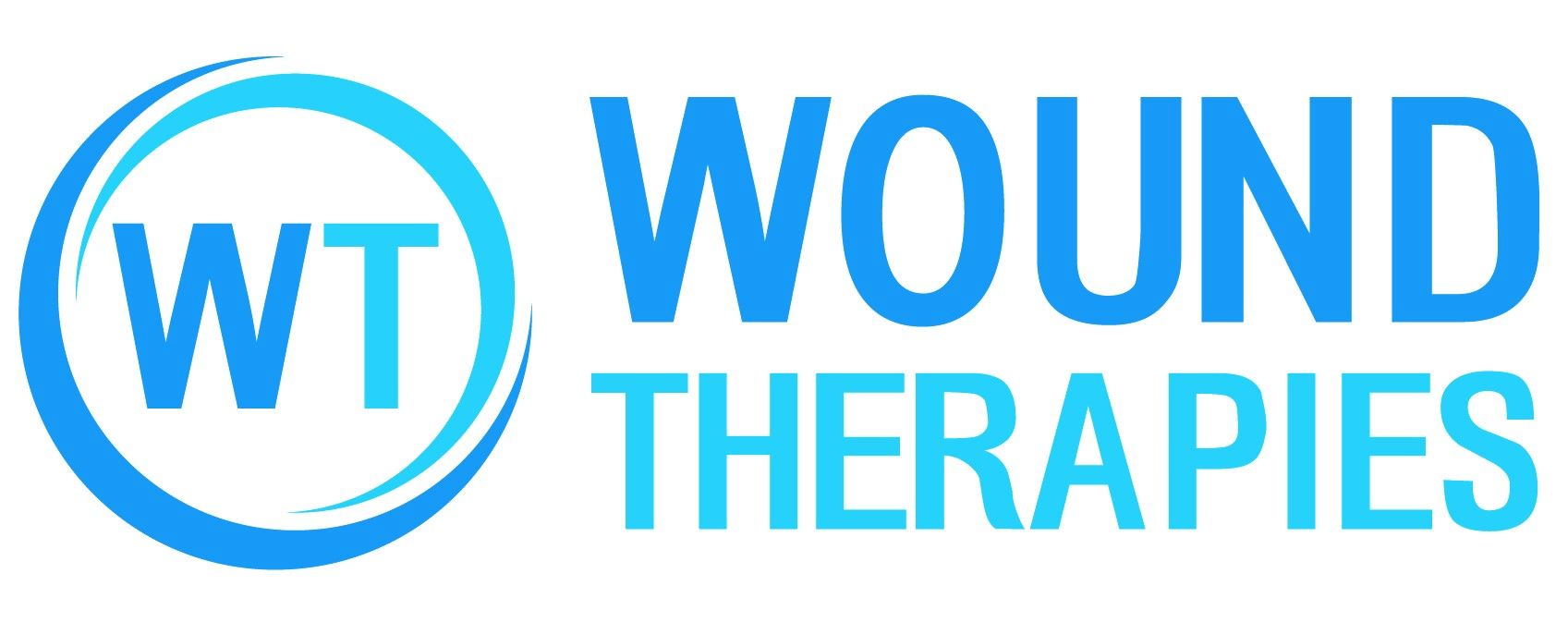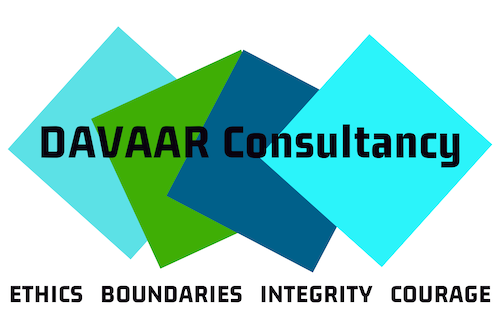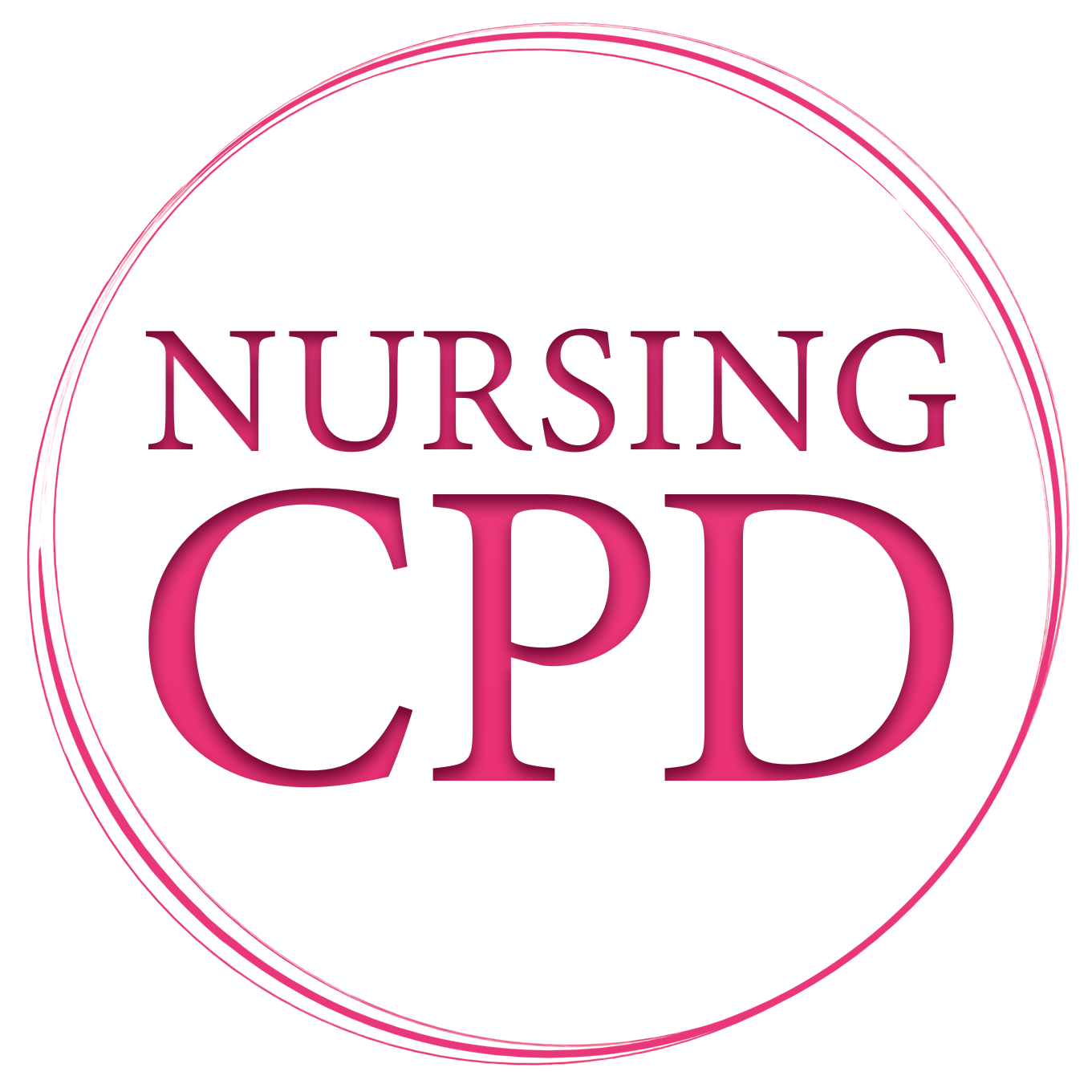Trauma and Supporting CALD Older People
Course Content
This webinar will cover symptoms and triggers common to survivors of trauma, discuss a variety of cultural perspectives, and inform a trauma-sensitive, person-centred approach.
Learning Outcomes
- Gain an understanding of the complex issues facing people from CALD backgrounds
- Recognise the cultural perceptions, attitudes and values that can impact understanding
- Explore/Examine diagnostic tools, and treatment options that may be culturally appropriate and acceptable
- Review relevant resources and/or further information available

PHONE: 07 4151 3884 (select option 1)
EMAIL: enquiries@nursingcpd.com.au
Terms & Conditions
Amanda Bowden


Belinda Kippen
Belinda is passionate about supporting nurses and midwives so they can come back to work each day and care for others. She does this by providing individual and group Clinical Supervision using the Role Development Model and is an experienced Supervisor with over 280 sessions under her belt.
She values the opportunity to listen and learn from others and is totally focused on solutions.
Clinical Supervision provides nurses and midwives with time to reflect on their practice and supports them to craft their own solutions.
Belinda has seen how Clinical Supervision can support professional growth and improve mental health and wellbeing.
Belinda is an experienced health professional (nursing and midwifery) who has worked in clinical, education and leadership roles in community, hospital and not for profit settings.
Anne Evans-Murray
R.N., BHlthSc, MACCCN, Grad.Dip Ed, MEd, Dip Counselling, GradCertCritCare, CertIV Training and Assessment, CertIV in Mediation
Dean King
Denise Donati
RN, RM, B App. Sc. Nurs., M. Nurs, CertIV Small Business Management
In 2007 Denise set up her own IVF Clinics with two doctors, Fertility Solutions Sunshine Coast and Fertility Solutions Bundaberg in Queensland. In 2017 she started offering bulk bill IVF and FET treatments at her clinics to offer people more achievable treatment models.
In 2014 Denise was invited to author a chapter in the book Organization and Management of IVF Units: A Practical Guide for Clinicians. She wrote on Patient Management: A Nursing Perspective which was released in 2016.
Diabetes Queensland
Our vision is to see a world free of diabetes and its complications. It drives everything we do - every program we deliver, every message we share, and every resource we develop. Through our programs and partnerships with industry, government and community groups, we work to ensure diabetes care is always improving and evolving.
Diabetes Queensland helps people at risk of diabetes and those affected by the condition by providing trusted information and guidance on how to minimize their risk of complications. The organisation is responsible for the delivery of the National Diabetes Service Scheme in Queensland. The scheme provides products and information to approximately 190,000 registered Queenslanders.

Elissa O'Keefe
Our award-winning company was born when, during her career in cosmetic medicine practice, Elissa realised that there was a need for flexible, high quality, post-graduate continuing professional development for health professionals with regard to lasers and other light-based therapies that were evidence-based and pitched at the high level required of this complex landscape.


Gail Aylmer
R.N., B.N., M.N. (Advanced Practice), M.N. (Mental Health Nursing)
Gail has travelled extensively over the last 4 decades and in 2016 developed and led a Nurses for Nurses Study Tour to India. This tour was bursting with fabulous experiences and attendees ‘saw the real India’ encountering some of the more interesting and important public health issues within India.
Jen Sanderson
Physiotherapist and Lymphoedema Therapist
Dr Julie Martyn
PhD
Jules Aitken
MSc (Nurse Practitioner), RN, CDE
She is also a registered Credentialed Diabetes Educator (CDE) registered with the Australian Diabetes Educators Association (ADEA) gaining her Certificate of Diabetes Management at the University of Technology Sydney. She has worked within the Diabetes, Weight Management and Metabolic and Chronic Disease arena for over 20 years.
She has participated in research projects involving weight management, diabetes, metabolic and chronic diseases and has presented at nursing, allied health, medical and community events at local, State and National level.
She is a mentor for diabetes educators with the Australian Diabetes Educators Association and also provides education and mentorship for student nurses, RNs, EENs and other health professionals within private organisations.
She is also an member of External Advisory Committee for Queensland's University of Technology Master of Nursing programme.
Lilliana Levada
RN, MSN - Perioperative Nursing Education Consultant
She firmly believes that continuous improvements in nursing practice are paramount, and loves when Nurses cause 'revolution' and evolution in healthcare practice.
Louise Webber
Masters Nursing Science (Nurse Practitioner), BA (Hons), RN
She has worked in several public hospitals and Community settings in Australia and overseas. She currently works collaboratively with several Aged Care Providers and private hospitals and runs her specialist community wound clinic.

Maria Clemente
BScN, RN, JD, GradDip, Solicitor
Mary Andrew
Mary has a long history working in aged care, with 25 years experience with the Department of Veterans Affairs in various roles addressing
the complex health and support needs of the Veteran community.
Mary joined the Ethnic Communities Council of Queensland
almost 10 years ago – initially as Co-ordinator of the Community Visitor Scheme
(CVS), now the Aged Care Volunteer Visitor Scheme (ACVVS) – training and
matching CALD volunteers with consumers from similar backgrounds / language /
and cultural experiences. This was to provide friendship, support and
connection for residents to combat social isolation.
As a PICAC Project officer Mary is actively engaged in
delivering training and professional development to aged care staff and
management, highlighting the diverse needs of CALD aged consumers and the
priority of inclusive care provision. She provides one on one support to
providers and links them to resources promoting best practice models of care.
She actively participates in local aged care networks –
liaising and advocating with providers, professional bodies, and industry
stakeholders regarding the care needs of CALD communities.
Mary has a background in Pharmacy, gaining a qualification in Ireland before migrating to Australia in the early 80s.


Dr Michael Sinnott
MBBS, FACEM, FRACP
Dr Sinnott has contributed to over 40 publications and is a world-leader in research regarding staff safety in healthcare. His expertise lead Dr Sinnott to become involved in the development of safety guidelines and legislation in the USA, and safety standards in Australia.
In the commercial space, Dr Sinnott is the Co-Founder of Qlicksmart Pty Ltd and Smartstream Pty Ltd, who innovate and commercialise safety medical devices.

National Asthma Council
We actively work to assess and address the impacts of asthma through advocacy and collaboration with policy makers, stakeholders and Australian and international asthma and lung health organisations.
Through our Sensitive Choice program, we provide the public with essential information about asthma and allergy management and empower consumers to identify asthma and allergy-aware products and services.

Nelle Francis
She believes that if we look to the senses we can decode all behaviours displayed by those on the Autism Spectrum.
Nicole Blackley
R.N., M of HP., SRHNA
After graduation, Nicole has worked in a range of clinical settings including hospitals, correctional centres, drug treatment before moving into sexual health specialty in 2017.
Pam Bridges
R.N., BACH in Social Welfare, Grad Dip Health Services

Dr Pam Savage
Dip N (Lon), BA, MHPEd, Dip Law, EdDoc, MACN
As a regular contributor to Nursing CPD, her blogs and webinars address issues of professional and legal governance that have relevance to Nurses working in many environments.
Dr Pammie Ellem
RN MN PhD CCN MACN
Additionally, Pammie has experience in rural family support and telehealth which compliment service delivery to isolated communities of which she is a strong advocate.
Another key interest of Pammie’ s is engaging clinicians in research, enabling fellow clinicians to become involved in research and higher education, not only for their own benefit but for the benefit of the patients in their care. The nursing profession needs more researchers at the bedside.
As Industry Liaison Educator Academic and Lecturer, Pammie is able to combine her interests of regional, rural and remote care within her role to assist in providing an enriched pathway for tomorrow’s nurses and today's clinicians.
Robyn Wortel
Clinical Education Specialist
Sandra Ilett
RN RM BaHlthSc (Child Health) Grad Cert (Continence)
Silvia Borges
She has since been researching, developing and delivering training modules focused in culturally appropriate care for older Australians.
Sue Walker
RN, BN, BN (ADMIN), MPHC, MACN
To continue to meet professional and community expectations Nurses and Midwives need to acknowledge their unique contribution to health care delivery and assert their collective strength to safeguard the community and ensure their ongoing professional needs are recognised and met.
Vicki Evans
Vice President, WFNN
Vicki is well published and her professional interests and research involves traumatic brain injury and concussion.
Wendy Newton
RN, RN, Cert IV Grad Cert (Perioperative)
During this time Wendy contributed to ACORNS Standard for the reprocessing of reusable medical devices. More recently she has been working in a Post Anaesthetic Care Unit.
Currently, she works in Alcohol and Other Drugs as a methadone Nurse while she is working toward a PhD examining the policies concerning animals in Aged Care and how these policies might affect both residents and animals.
Geoffrey Atwell
Geoffrey’s roles with both Organisations included Regional Accountant, Program Manager for a large ICT Project, Business and Senior Operations Manager for Central and North Queensland.
Geoffrey is passionate about Customer Service and strives to provide the absolute best customer experience for everyone involved.
Geoffrey welcomes you to send him a quick email or give him a call. He’s always happy to assist wherever possible.
Helen Kansky
Helen enjoys exploring various cuisines and the challenge of recreating them at home for her family.
Dr Wendy McIntosh
RGN, RMHN, Grad. Dip MH, MN, Cert IV Workplace Assessment & Training, Group Leadership Cert, MRCNA, MANZCMHN, AANZPA
Areas of specific interest and passion for Wendy include: professional supervision, professional boundaries, professional identity, links between childhood trauma and mental illness and workplace bullying.
Wendy has over 20 years as a psychodrama trainee – a life long learning. She is committed to using experiential learning in the work she does with individuals and groups.
Regularly presenting workshops at national & International conferences, Wendy consistently receives feedback on her passion, knowledge and creativity as a presenter & facilitator. Wendy is continually integrating learning and insights she gains from the work she does in professional boundaries.
Wendy has developed internet training tools and education packages for individuals / organisations and delivers webinars for a variety of organisations nationally and internationally. With the assistance of six podcast episodes titled ‘Professional Boundaries’, Wendy is exploring and guiding listeners on their own personal and reflective journey through boundaries.
This series of professional boundaries podcasts has been picked up by the School of Health and Social Care, Edinburgh Napier University to be used in their curriculum. Further podcasts are currently in production.
Wendy was Charter President of the Global Nurses & Midwives Rotary Club. An innovative, diverse and inclusive Rotary Club whose members come from around the world.

wendy@davaar.com.au
0411 385 573
Helen d'Emden
Helen is an advanced accredited practicing dietitian and credentialed diabetes educator. Her academic experience includes a Masters of Philosophy at the School of Medicine, University of Queensland. Her experience with type 1 diabetes including the OzDAFNE program includes thirteen years of clinical and research experience working with children, adolescents and adults living with type 1 diabetes at Mater Health.
Her current role at Diabetes Queensland involves developing online education modules, delivering OzDAFNE in regional centres, DESMOND and SMARTS programs, as well as working in clinics in Western Queensland.

Amanda Callaghan
She understands the challenges involved for pregnant women. She knows how important a multidisciplinary team approach is to maternal and fetal outcomes. She would like all practitioners to have access to relevant evidence-based information.
It is for this reason that she continues her involvement with the Queensland Statewide Clinical Network and now works for Diabetes Queensland.

Donna Itzstein
She has been a community pharmacist since 1988 and loves to help people to get the most out of their medications and promote health in general.
Donna says “I see the real impact Diabetes and other related health conditions have on people and their families and how with the right information and support they can turn their lives around.”

Fleur Kelly

Dale Cook
Dale is an Accredited Practising Dietitian and holds qualifications in health promotion, training and assessment, and fitness. She studied dietetics when her husband was diagnosed with Type 1 Diabetes as an adult. She has been promoting improved nutrition and wellbeing for 25 years with a broad career spanning private practice, and the university, government and NGO sectors working with both individuals and public health programs.

Nicole Mclure
Nicole holds a Bachelor of Nursing and post-graduate qualifications in Diabetes Education and Management, Paediatrics and Paediatric Critical Care Nursing. Nicole has spent the past 9 years working in primary care and General Practice.
She is a member of APNA (Australian Primary Health Care Nurses Association), representing them on the Exercise is Medicine Advisory Council, and as a Nurse Network coordinator for Brisbane North.

Narelle Williamson
Narelle has over 25 years’ experience in both the acute hospital setting and primary health care. She is an experienced Respiratory Educator, working for the NAC for the past 11 years.
She has been educating patients in various primary care respiratory clinics in Eastern Melbourne over this period, whilst also presenting for the National Asthma Council’s Asthma Best Practice for Professionals program.
Narelle has just recently resigned after 15 years, as Nursing Manager at a large, highly regarded, general practice in the eastern suburbs of Melbourne. She continues her passion for chronic disease management and preventative health.

Emma Luck
Pamela Doherty
Children by Choice are recognised nationally and internationally as a key advocacy group for the needs and rights of women in relation to reproductive and sexual health. For more information about our work visit http://www.childrenbychoice.org.au/
Narelle Williamson
Audra Starkey is a Clinical Nutritionist, Accredited Trainer, Shift Work Veteran and founder of The Healthy Shift Worker podcast that receives over 2000+ listener downloads each month from around the world. She is also the author of The Healthy Shiftworker – a website dedicated to helping those who may be struggling to stay healthy whilst working 24/7.
After accepting a voluntary redundancy from Qantas in 2014, Audra went on to complete a Bachelor of Health Science degree majoring in Nutritional Medicine with the sole purpose of giving back to her profession upon graduation.
With a special interest in preventative health, she went on to found The Healthy Shift Worker, a company that provides shift work specific wellness services to individuals, along with corporate wellness programs via her signature Healthy Shift Worker Wellness Seminars.
She is a huge fan of tennis, or more specifically Roger Federer, and lives in Brisbane with her shift-working husband Dale.
https://healthyshiftworker.com/
Subscribe to our newsletter now!
Please Note
Don't worry, your records are safe and if you need a copy of your portfolio urgently, please contact us on 07 4151 3884 (select option 1).
Lisa Gorman
David Ruzicka
Masters Nursing Science (Nurse Practitioner), Master of Palliative Care
David is a nurse practitioner with over 14 years of clinical experience in palliative care. David has worked in both the acute and community sector within various Queensland health facilities throughout the state. He has proven ability as a palliative care clinician and researcher, as well as with mentoring and motivating staff. David has completed a Master of Nursing Science (Nurse Practitioner) with distinction and a Master of Palliative care and is currently employed as a Nurse Practitioner within the Palliative care service in the Sunshine Coast Hospital and Health service.
Colleen Reid
During those years she became increasingly drawn back to psychiatry, working with people who were experiencing life very differently and who were at risk of ever- increasing marginalisation.
Dr Chamindika Konara
B.ENG [BIOMED], PHD [BIOTECH
As an ISO 13485 and ISO 9001 accredited auditor, Dr Konara has strong experience in implementing systems for quality improvement and change control.
Dr Konara works within the biomedical sector to translate research and product concepts into practical solutions for healthcare facilities.
She has contributed to the education of perioperative staff through her roles at Qlicksmart Pty Ltd and StaffandPatientSafety org, and provides ongoing education to medical students as well as medical industry professionals.
In 2022 Dr Konara presented at the AORN ( and ACORN ( virtual conferences and she will be presenting at the AORN Global Surgical Conference Expo 2023

Mairin Monteath
Completing a Graduate Certificate in Educational Design from Monash University in 2023, Mairin develops Continuing Professional Development resources based on the latest research into staff and patient safety initiatives, including publications for the European Operating Room Nurses Association and Queensland Nurses and Midwives' Union.
Mairin has also authored conference presentations for the AORN Global Surgical Conference & Expo and ACORN Perioperative Leadership Summit.

Swaatha Haji
Sara Yousif
She worked as a Case Manager Assistant and Arrival Coordinator at Multicultural Australia for 6 years where she met many new arrivals through the Humanitarian Support Program (often at 1am and 4am at Brisbane Airport!) She now works as a Mental Health and NDIS Support coordinator with the Richmond Fellowship Queensland.
She has co-ordinated, co-presented and engaged with community members to participate in health workshops in partnership with Mater Refugee Health, Qld Program of Assistance to Survivors of Torture and Trauma (QPASTT), TRUE Relationships and Reproductive Health and TAFE Qld.
Mi Nguyen
She has worked in various capacities, including program management and coordination, communications, research and capacity building. Mi holds a Master in Development Studies with a gender specialisation.
Dr Paula Foran
Paula is the sub-editor for the Journal of Perioperative Nursing and manages the column, ‘Emerging Scholars’ where Paula assists postgraduate students to see their publications come to fruition.
Paula has been a guest speaker and presented keynote presentations at national & international conferences. She has been awarded the ‘Most Popular Presenter’ for her keynote address at the International Collaboration of Perianaesthesia Nurses, and Best Oral Paper award at the European Operating Room Nurses conference in The Hague.
Dr Shreya Singh
Dr Shreya Singh has a PhD from the University of Queensland, and has Masters degrees from the University of Warwick and the University of Delhi.
She has extensive experience in teaching and interdisciplinary research, working with diverse stakeholders to achieve positive organisational change.
Dr Singh is passionate about community education and safety, with a focus on empowering frontline staff.
Amy Gibson
Amy is a credentialed clinical pharmacist with experience across a range of sectors including community pharmacy, corporate pharmacy operations, multidisciplinary teams, residential aged care and general practice where she is currently positioned as a practice pharmacist and manager.
Subscribe to our newsletter now!
Muireann Wynne
RN, BSN, MSN (Clinical - Emergency), PGDip ClinRedesign
Muireann is recognised for her expertise in workforce strategy, nursing excellence, and healthcare innovation. She is dedicated to fostering professional growth and creating environments where nurses can thrive.
Muireann remains deeply committed to mentoring the next generation of nursing leaders. Balancing her professional achievements with family life, she understands the complexities of career progression and personal commitments, making her a strong advocate for sustainable and fulfilling nursing careers.

Lisa Lucas
RN, BSN, MSN (Emergency Nursing - Trauma)


